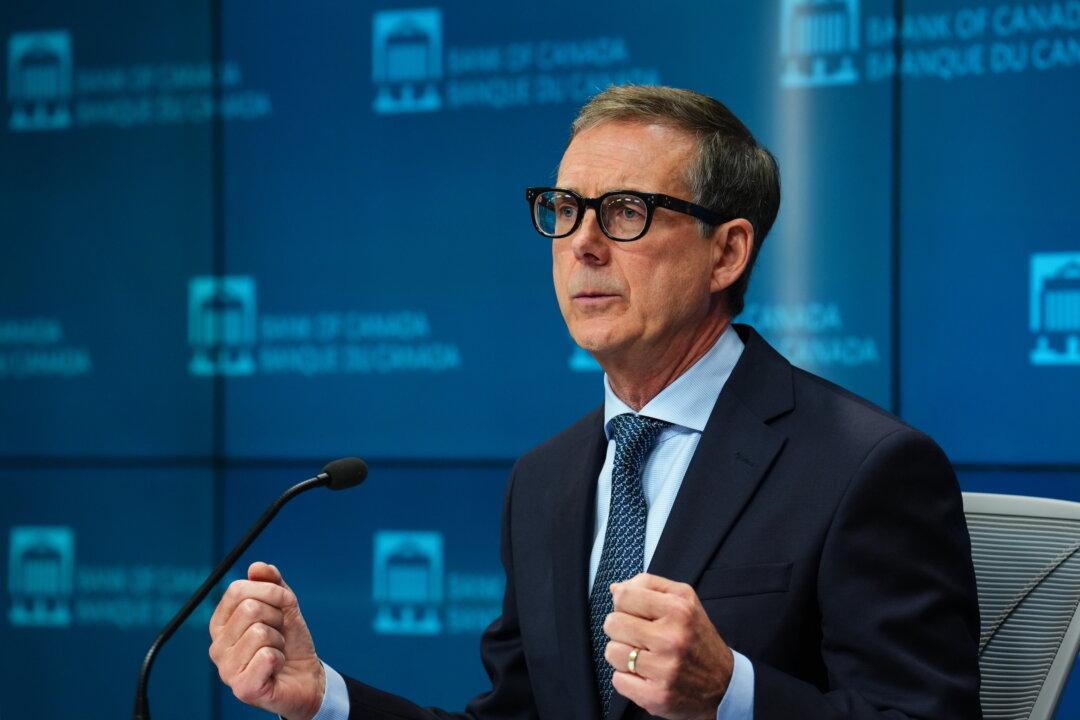The Bank of Canada made a poor prediction on what Canada’s inflation level would be at the end of 2022, said the bank’s governor, Tiff Macklem. He had previously said he expected the national inflation level to be around 2 percent by the year’s end.
“That’s a very big forecast error,” Macklem told the Globe and Mail in a year-end interview on Dec. 16.





